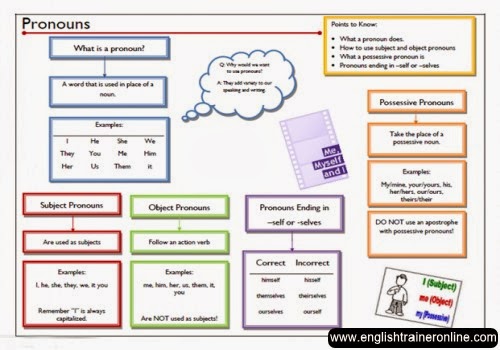In any particular Language Vocabulary is words. The key part of any any Language to learn and understand is vocabulary. To be a successful reader, you must have enough knowledge of vocabulary, so learn more and more vocabulary words to become better reader. The are many easy ways to learn English vocabulary, some are playing online games, reading books, singing songs and using hands-on activities. Following are the few ways to Learn English Vocabulary.

Growing children showing quick response in singing songs and this is the best tool to increase vocabulary in Young Children.All age’s of English students can learn new words through simple traditional songs and Nursery rhymes, such as "This Old Man" and "The Wheels on the Bus”.The Children as well Students can easily remember the lyrics of songs with the help of melodies in the songs. Instead of listening traditional children’s songs elder students who are learning English as a second Language may learn through pop songs.Listening song along to the radio or with a karaoke DVD and lip-sing the lyrics of song also helpful to increase English vocabulary.
The second method which help students to learn vocabulary is Hands-on activities. The instant method to recognize the vocabulary is to create a bulletin board for high frequency or sight words such as "are" and "stop,".Turn out and up the lights up a word with flashlight is another activity by using the bulletin board which is called "Flashlight”. Invite students to yell out the word. Playing Bingo game is also a good way to memorize new vocabulary. Use grids to print the words. Randomly pick words and learners will mark off the words. The students who successfully marked off a row wins the game.

One of the best way to learn English Vocabulary is Reading Books. Using picture books Growing children and students starts learning English may become fluent reader, similarly adults and advanced students increase their vocabulary skill level through reading books, magazines and newspapers. The source of introduction of new words is Reading. Students use the new words by asking help or searching them in a dictionary. To memorize new words one of the easy way is to write down in a notebook along-with definitions.

Children and students who are learning English as a Second utilize the Websites offering vocabulary games. All English Students use these Vocabulary games website to search words, playing puzzle and word building, and slang games. The students can introduce themselves and also learn new vocabulary words through IQ based websites. These types of games are useful for both younger readers and as well as students who are going to take the SAT exam. The match words to pictures game is also best way to learn new vocabulary.





